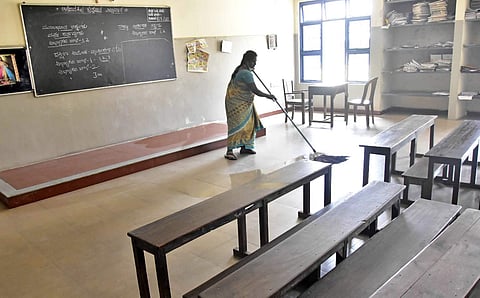

The National Education Policy (NEP) 2020 is a comprehensive framework for education in India, from early childhood care and education (ECCE) to higher education. It was approved by the Union Cabinet of India on July 29, 2020.
The NEP 2020 has been praised by many for its ambitious goals and its potential to transform the education system in India. However, there are also some concerns about the policy.
Some of the potential cons of the NEP 2020 include:
Implementation challenges: The NEP 2020 is a complex policy with far-reaching implications. It will be challenging to implement the policy effectively, especially in a country as large and diverse as India
Cost: The NEP 2020 will require significant investment in education. This could be a challenge for the Indian government, which is already facing a fiscal deficit
Resistance to change: The NEP 2020 represents a major change from the current education system. This could lead to resistance from some stakeholders, such as teachers, parents, and school administrators
Uncertainty about the future: The NEP 2020 is a long-term policy. It is not clear how the policy will be implemented in the future or how it will impact the education system in India
The actual impact of the policy will depend on how it is implemented. However, it is important to be aware of these potential challenges so that they can be addressed early on.
